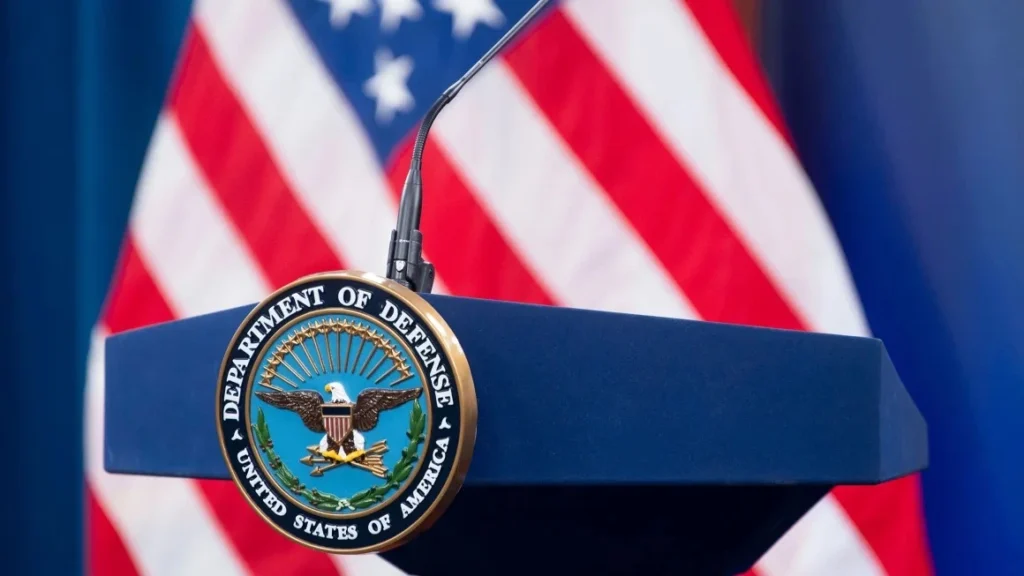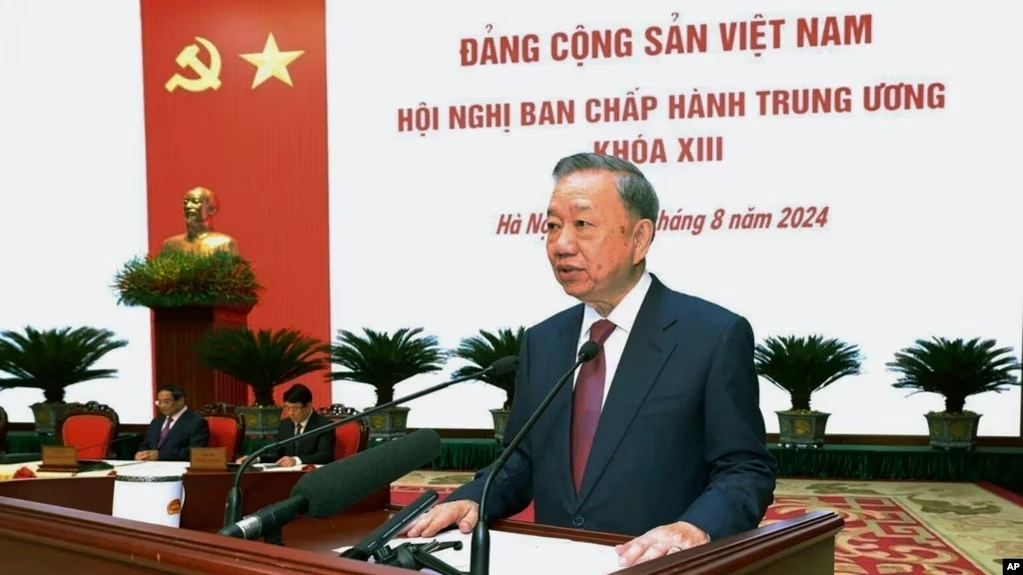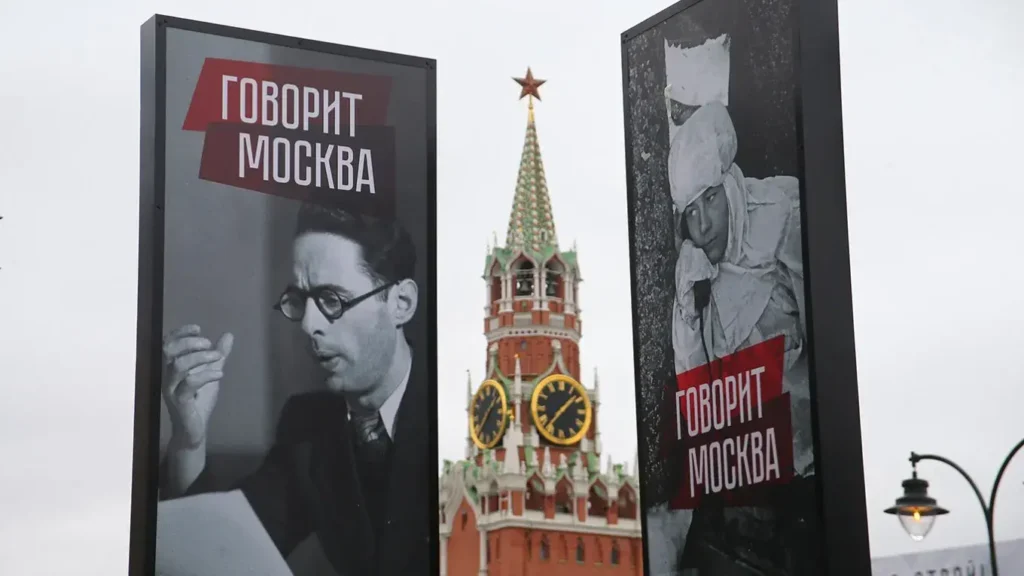Vir Das Slams Mainstream Media Amid Ranveer Allahbadia Controversy
New Delhi, February 12: Comedian Vir Das has weighed in on the controversy surrounding the roast show India’s Got Latent, where guest judge Ranveer Allahbadia sparked outrage with a controversial question posed to a contestant. The show, featuring Samay Raina, Jaspreet Singh, Apoorva Makhija, and Ashish Chanchlani, has drawn widespread criticism, leading to intervention from the National Commission for Women (NCW) and a possible parliamentary panel inquiry. The controversy erupted after Allahbadia, popularly known as BeerBiceps, asked a female contestant: “Would you rather watch your parents have sex every day for the rest of your life or join in once and stop it forever?” The remark led to backlash from the public and politicians, prompting the NCW to summon all key figures involved, including the show’s producers, Tushar Poojari and Saurabh Bothra, for a hearing on February 17 in New Delhi. Vir Das Criticizes Media’s Role In a statement, Vir Das addressed the debate over comedic standards, stating that a comedian must evolve based on audience feedback. However, he took a sharp dig at traditional media, accusing it of using the controversy to attack new digital platforms. “We are watching a bunch of irrelevant mainstream media anchors bordering extinction trying to take down new media that gets millions more views, longer interviews, and far more impact at a fraction of the cost,” Das wrote. He further urged audiences to question journalism standards, stating that while comedy is being debated, the media should also be scrutinized for its priorities. Meanwhile, the NCW condemned the remarks as vulgar and offensive, citing a violation of dignity and respect. The commission has mandated the in-person appearance of all involved parties on February 17 at 12 PM at its New Delhi office. With growing political and public scrutiny, the controversy surrounding India’s Got Latent continues to escalate.
Vir Das Slams Mainstream Media Amid Ranveer Allahbadia Controversy Read More »










